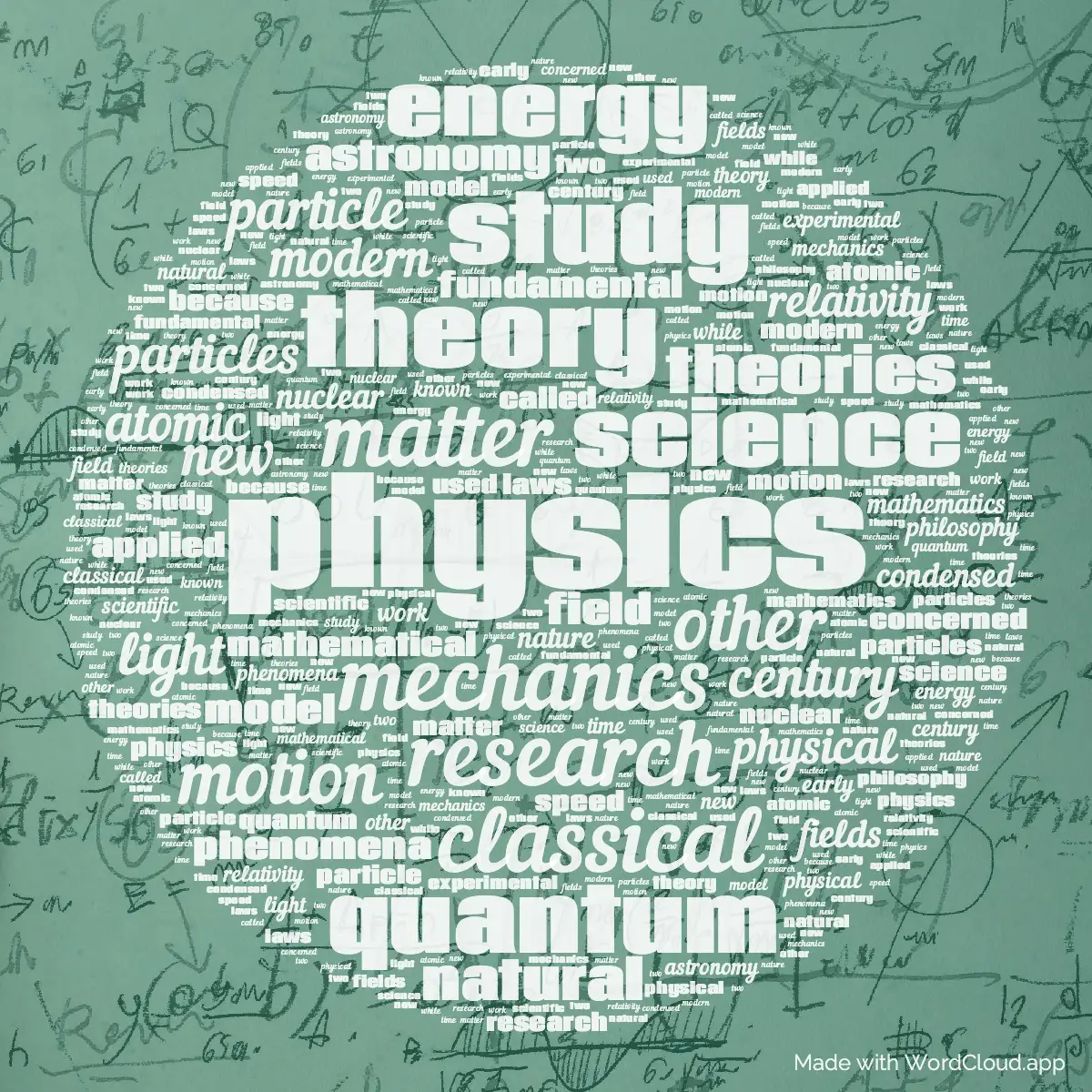Research
Economics Research
Economic Drivers & Impacts of Interstate Migration: California to Texas Exodus
This paper examines the economic determinants behind the recently observed migration flow from California to Texas. This paper is motivated by the recent rapid increase in migration from California to Texas—a trend that has sparked significant debate among politicians and media members and raised questions about the underlying economic factors driving this shift. While interstate migration has been broadly studied, few analyses have focused specifically on the recent California-to-Texas migration flow. By analyzing key economic indicators between 2010 and 2020—including outflow migration, unemployment, housing costs, crime rates, median household income, and labor participation—this study employs data on these factors in a two-way fixed effects regression model to uncover the factors that drive relocation decisions. Notably, the findings of the model suggest that median household income is a critical predictor, with higher income levels associated with a reduction in outflow migration, while other variables, such as housing costs and unemployment, exhibited limited statistical significance as predictors in the model. The results highlight the differences in economic environments in California and Texas in issues like housing affordability and income disparities. Limitations of the study include a relatively small dataset and potential model misspecification, suggesting the need for further research incorporating additional variables and possibly a more specialized model.

Attribution: Move Central.com

Physics Research
A PYTHIA-Based Study of Isospin Symmetry Violation in Elementary Hadronic Systems
Isospin symmetry holds to a good approximation in the strong interaction. In collisions with equal numbers of protons and neutrons, isospin symmetry dictates that the number of produced charged kaons should be equal to the number of neutral ones (RK = 1). Recent experimental results from the NA61/SHINE experiment at CERN, however, recorded an unexpectedly large charged to neutral kaon yield ratio of about 1.233, a large violation of isospin symmetry. In this study, we establish a generator-level baseline in analogous elementary collision systems using the Pythia 8.3 event generator to simulate pp, np, and nn collisions over a range of center-of-mass energies between 50 and 5000 GeV, and analyze the resulting kaon yields. We observe a consistent excess of charged over neutral kaons in most configurations, with the largest deviations from expectation at lower energies and in proton-rich systems. These deviations are attributed to internal model mechanisms, including quark mass differences and the decay of the φ(1020) meson. These results establish a generator-level baseline for RK in elementary collisions. These findings, when compared with experimental data, highlight the importance of further high-precision experimental and theoretical efforts to understand large isospin symmetry breaking.

History Research
Consent under Surveillance: The Patriot Act & the Erosion of the American Social Contract
This paper examines how the USA PATRIOT Act reshaped the American social contract by embedding fear-based emergency powers into day to day governance. By drawing on ideas of philosophy, history, and law, this paper analyzes the impacts of Post-9/11 surveillance programs and government overreach. Thus, the paper explores how surveillance programs, societal trends, and the normalization of crisis governance demonstrate this shift. Philosophers like Hobbes, Maslow, Foucault, Volokh, and Arendt are cited to analyze how policies built upon fear and routine changed civic participation, constitutional protections, and even the Lockean social contract that America was founded upon. Ultimately, the paper places the Patriot Act within a larger American tradition of suspending civil liberties during crises, warning of a shift toward a post-contract democracy.
Add Your Heading Text Here
Sample Title
From desktop to mobile, automatically centers and scales to fit the area provided.
Sample Title
Super fast optimized and improved asset loading with lightweight non dependent scripts.
Sample Title
Perfectly blend with your website design. Style your widget just the way you want.
Sample Title
Packed with all the options you need to make an awesome interactive carousel on your website.
